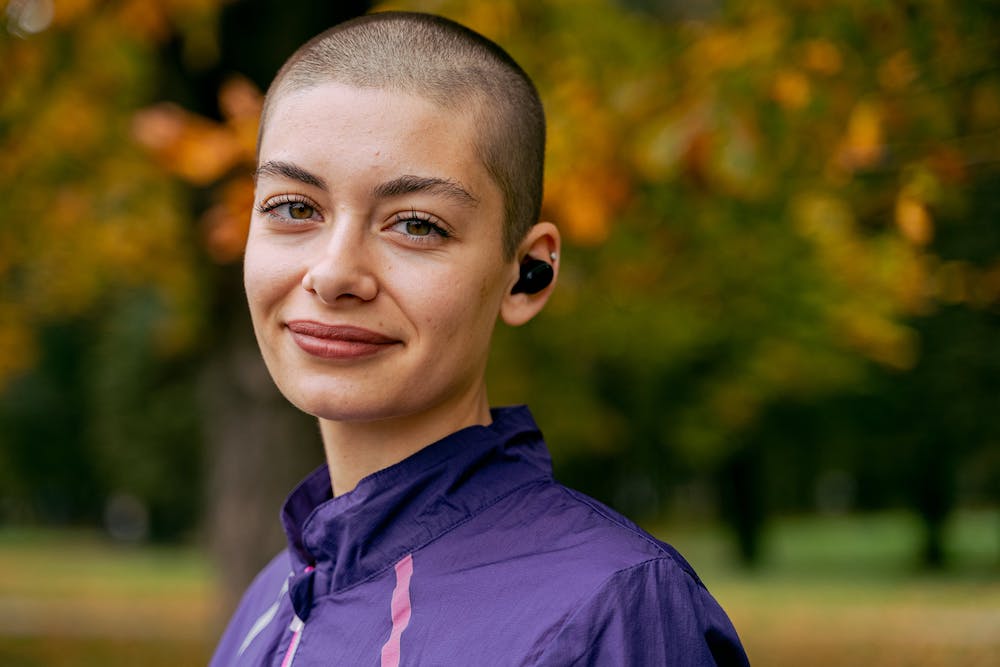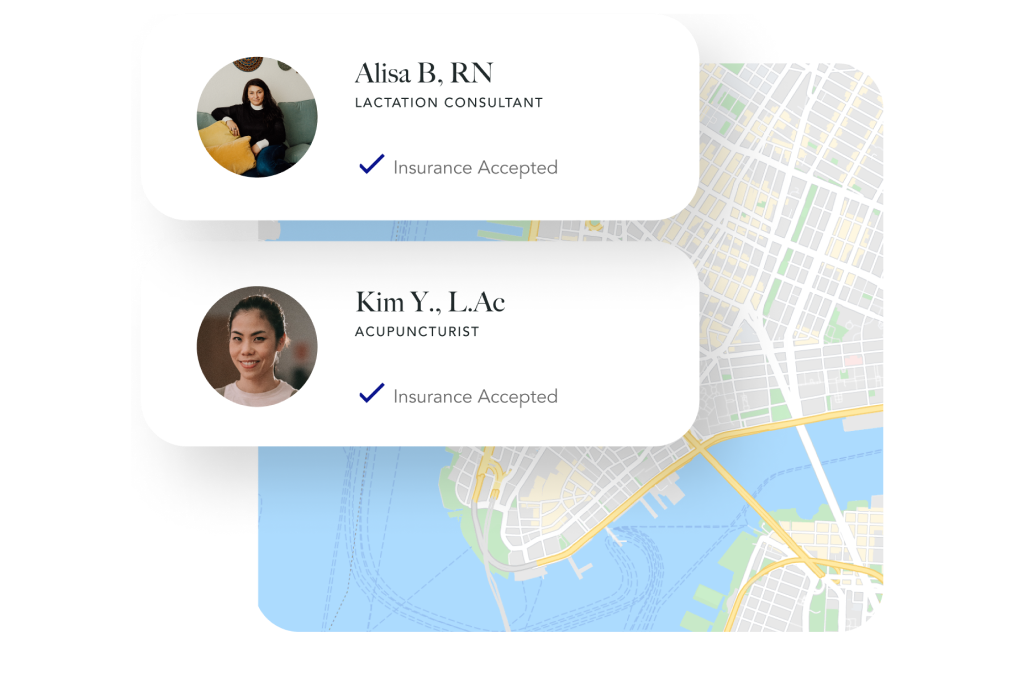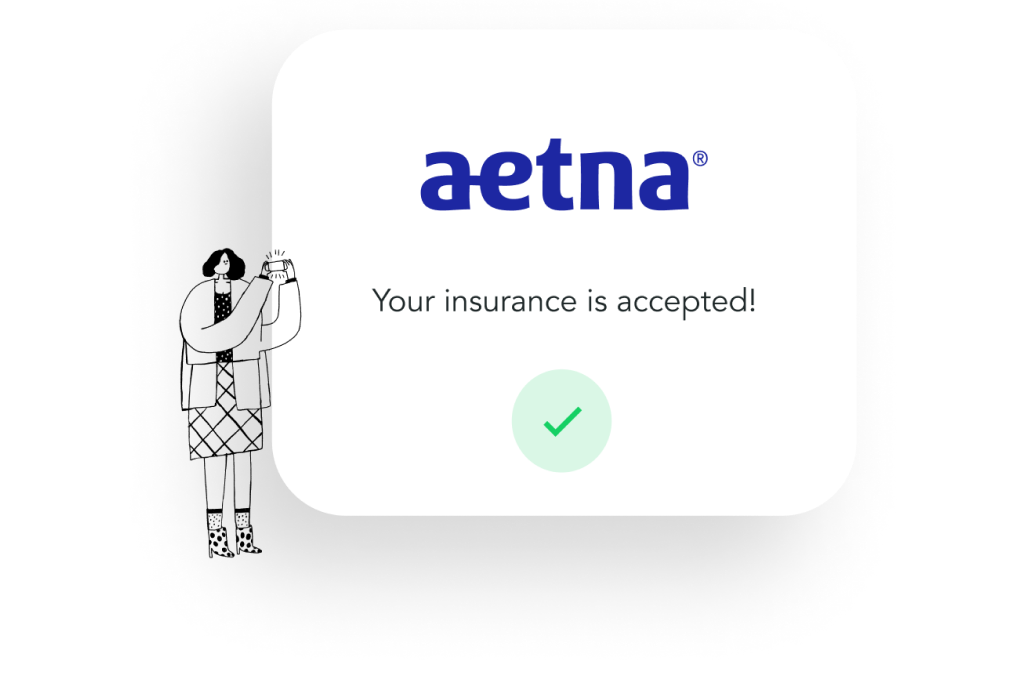
Our Specialties
Find Oncology Dietitians Near Me
90% of Zaya patients pay $0 for one-on-one nutrition counseling with a registered dietitian.
Find An Oncology Dietitian Near MeBrowse our directory of oncology dietitians — and book your visit online using your insurance.

Find the right care for you.

Pay with your insurance.

Book your visit online.
Get a provider who gets you.
Our providers are nutrition experts and take the time to get to know you and your needs.
Real talk from real patients.
Have questions? We’ve got answers.
For more information about how Zaya works, check out our frequently asked questions.
View FAQsMore about cancer care & our oncology dietitians
What is cancer?
Cancer is a complex and diverse group of diseases characterized by the uncontrolled growth and spread of abnormal cells. These cells can invade nearby tissues and, in advanced stages, can metastasize to distant parts of the body through the bloodstream or lymphatic system.
In normal cells, there are strict control mechanisms that regulate cell growth, division, and death. However, in cancer cells, these controls are disrupted, leading to the accumulation of abnormal cells and the formation of tumors.
The development of cancer is often a multistep process involving various genetic and environmental factors. Genetic mutations or alterations in the DNA of cells can disrupt the normal functioning of genes responsible for cell growth and division.
These mutations can be inherited or acquired over a person’s lifetime due to exposure to carcinogens such as tobacco smoke, radiation, certain chemicals, or viruses.
What causes cancer?
Cancer is primarily caused by genetic changes that disrupt the normal functioning of cells and their ability to grow and divide. These changes can occur due to errors during cell division, exposure to harmful substances in the environment, and inherited genetic mutations.
Here are some of the key causes of cancer:
- Errors during cell division. Mistakes can occur when cells divide, leading to genetic mutations that can contribute to the development of cancer.
- Environmental factors. Exposure to certain substances in the environment, such as tobacco smoke, ultraviolet rays from the sun, radiation, and certain chemicals, can damage DNA and increase the risk of cancer.
- Inherited genetic mutations. Some individuals may inherit genetic mutations from their parents, which can predispose them to developing certain types of cancer.
It’s important to note that cancer is a complex disease, and the causes can vary depending on the specific type of cancer and individual factors. Understanding the causes of cancer can help inform prevention strategies and early detection efforts.
What are the symptoms of cancer?
The American Cancer Society explains that most signs and symptoms are not caused by cancer but are caused by other factors. If you experience persistent or worsening signs and symptoms, it is important to consult a doctor for proper evaluation and diagnosis.
Here are some common symptoms that may indicate the presence of cancer:
- Fatigue or extreme tiredness that doesn’t improve with rest.
- Unexplained weight loss or gain of 10 pounds or more.
- Eating problems, such as loss of appetite, difficulty swallowing, abdominal pain, or nausea and vomiting.
- Swelling or lumps in any part of the body.
- Thickening or lumps in the breast or other areas.
- Persistent or worsening pain, especially with no known cause.
- Skin changes, such as bleeding or scaly lumps, new or changing moles, non-healing sores, or yellowish discoloration of the skin or eyes (jaundice).
- Chronic cough or hoarseness.
- Unusual bleeding or bruising without apparent cause.
- Changes in bowel habits, such as persistent constipation or diarrhea, or alterations in stool appearance.
- Bladder changes, including pain during urination, blood in the urine, or increased or decreased frequency of urination.
- Fever or night sweats.
- Headaches.
- Changes in vision or hearing.
- Oral changes such as mouth sores, bleeding, pain, or numbness.
What are the risks of cancer?
Cancer can have serious consequences if left untreated after diagnosis. If cancer is not treated, the following complications and risks may arise:
- Cancer can grow and invade surrounding tissues and organs. This causes damage and dysfunction in vital parts of the body.
- Cancer can metastasize. It can spread to other parts of the body and affect multiple organs and systems.
- Cancer can impair the function of important organs. These organs include the lungs, liver, kidneys, or heart and can lead to organ failure.
- Untreated cancer can cause significant pain and discomfort. This can reduce an individual’s quality of life.
- Cancer can weaken the immune system. This makes the body more susceptible to infections and other illnesses.
- Cancer can lead to severe weight loss and malnutrition. Cancer cells can compete with healthy cells for nutrients.
- Cancer can cause bleeding and clotting problems. In some cases, this increases the risk of hemorrhage or thrombosis.
- Cancer can cause neurological deficits and impairment. This can result from certain types of cancer such as brain tumors.
Ultimately, if left untreated, cancer can be life-threatening and may result in death.
When to see an oncology dietitian
When dealing with cancer, it’s important to consider the support of an oncology dietitian. Approximately 40% to 80% of all cancer patients will be malnourished during the course of the disease.
Oncology dietitians specialize in providing guidance and support in nutrition during cancer treatment. A well-balanced diet tailored to individual needs can play a significant role in managing side effects, promoting overall health, and optimizing treatment outcomes.
Here are some situations where working with an oncology dietitian can be beneficial:
- During cancer treatment. Oncology dietitians can help manage treatment-related side effects such as nausea, vomiting, taste changes, and appetite loss. They provide personalized dietary recommendations to ensure adequate nutrient intake and help maintain energy levels.
- Weight management. An oncology dietitian can provide guidance on maintaining a healthy weight during and after treatment. They can help individuals achieve a healthy balance of macronutrients and address weight loss or weight gain concerns.
- Managing specific dietary requirements. Certain cancer treatments or conditions may require modifications to the diet. An oncology dietitian can offer advice on specialized diets, such as low-fiber or low-residue diets, to ease digestion and manage symptoms.
- Addressing nutrition deficiencies. Cancer and its treatments can sometimes lead to nutrient deficiencies. An oncology dietitian can identify potential deficiencies and develop strategies to ensure adequate nutrient intake to support the body’s healing process.
- Support for long-term survivorship. Even after completing cancer treatment, nutrition plays a crucial role in maintaining overall health and reducing the risk of recurrence. An oncology dietitian can provide ongoing support and guidance to promote a healthy lifestyle and address any lingering nutritional concerns.
How Zaya Care’s oncology dietitians can help
When working with an oncology dietitian, individuals can expect personalized and comprehensive support throughout their cancer journey. In the first appointment, the oncology dietitian will typically conduct an initial assessment to gather information about the individual’s medical history, current treatment plan, dietary habits, and any specific concerns or symptoms related to nutrition.
This assessment helps the dietitian understand the individual’s unique needs and develop a tailored nutrition plan. The oncology dietitian will provide education and guidance on optimizing nutrition during cancer treatment.
They may discuss strategies to manage common treatment-related side effects, provide recommendations on maintaining a balanced diet, and address any dietary restrictions or concerns specific to the individual’s treatment plan.
Follow-up appointments with the oncology dietitian are essential to monitor progress, address ongoing challenges, and adjust the nutrition plan as needed. These appointments allow for ongoing support and guidance, ensuring that the individual’s nutritional needs are met throughout the course of their treatment.
Benefits of working with Zaya Care oncology dietitians
Working with a Zaya Care oncology dietitian offers numerous benefits for individuals with cancer. These professionals specialize in addressing the unique nutritional needs and challenges associated with cancer and its treatments.
Zaya Care oncology dietitians provide personalized and tailored guidance to meet the specific needs of each individual. They understand that cancer types and treatments vary, and they customize nutrition plans to address the individual’s unique requirements, treatment side effects, dietary preferences, and lifestyle factors.
One of the key benefits of working with a Zaya Care oncology dietitian is their expertise in cancer-related nutrition. They can provide evidence-based advice on managing treatment-related side effects such as nausea, appetite loss, and taste changes.
Zaya Care oncology dietitians offer ongoing support and valuable insights on managing nutrition throughout the cancer journey. They can help individuals develop meal plans that optimize their nutrient intake, manage weight changes, and address specific dietary concerns.
By working closely with individuals, Zaya Care oncology dietitians empower them to take an active role in their nutritional health and make informed decisions that support their overall well-being. Individuals with cancer can optimize their nutrition, manage treatment side effects, and improve their quality of life throughout their cancer journey.




